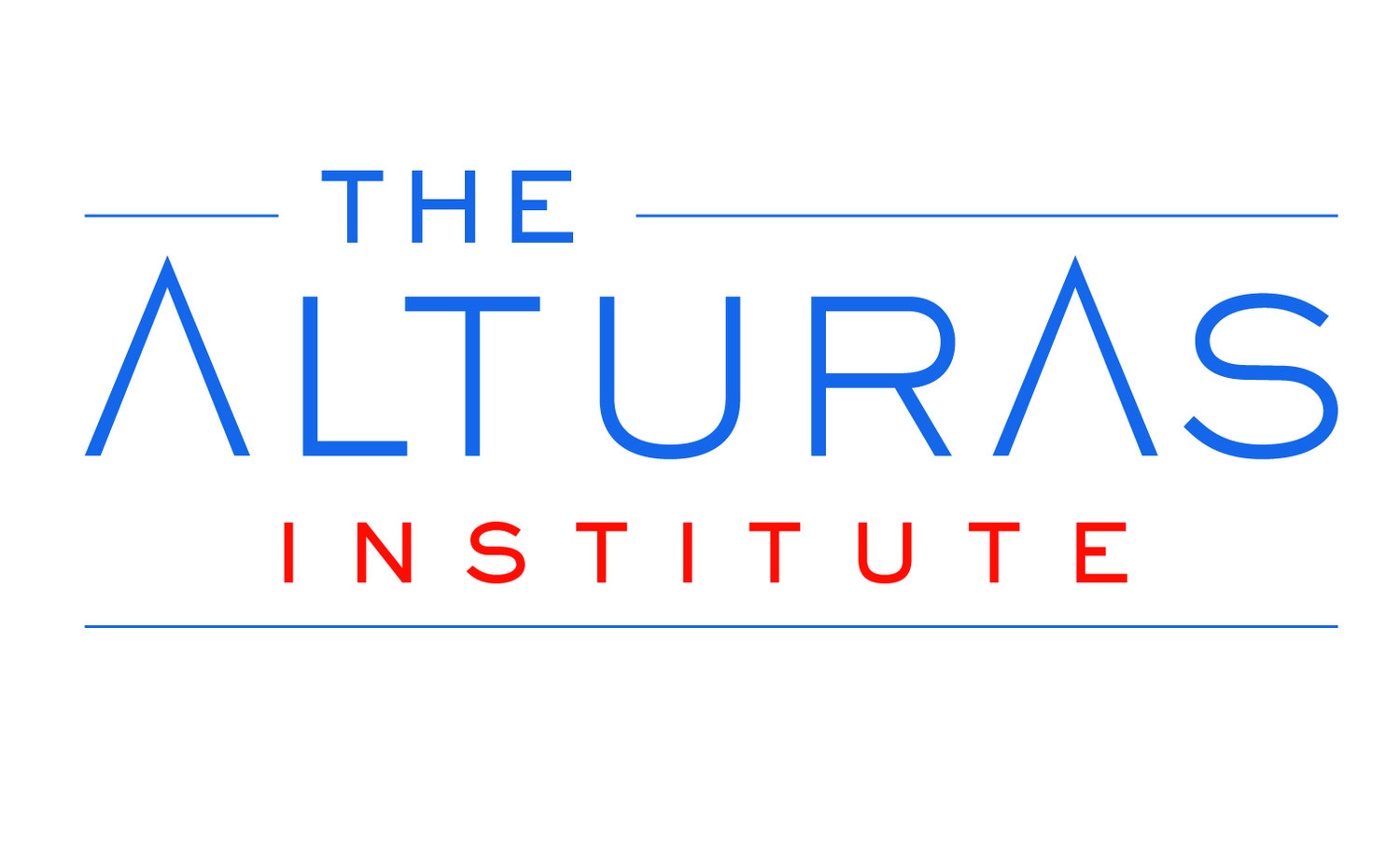““Humans spend entirely too much time worrying about what other people think of them. The best way to find your voice is to set aside what others think of you and to focus instead on identifying and pursuing your core values. Decide what matters to you the most, who you want to serve, and how you want to serve them. Then organize your life so that you allocate your time in a way that reflects what you value the most.””
Caroline Heldman has not been able to remain silent in the face of social injustices inflicted on either herself or the rest of the world.
Instead, Heldman, an associate professor of politics at Occidental College in Los Angeles, Calif., has dedicated her voice to lifting up people of marginalized and oppressed populations and advocating legislation and policies that would add weight to their voices. Heldman has spent her days helping women in prison, advocating for the passage of the Equal Rights Amendment in the U.S. and speaking out against some of the most powerful men in the entertainment industry. To her, her voice is the most important weapon she has in the fight against injustice.
***
Heldman remembers finding that voice for the first time as a child, singing the word “Hallelujah” when she was less than a year old. Growing up in a family of six children, she quickly learned the importance of being assertive at a young age.
“I often find myself speaking truth to power and making statements that are unpopular in order to expose oppression and mistreatment,” Heldman said in an interview with the Alturas Institute this month, “so I see ‘voice’ as being an integral part of my work for social justice.”
These days, Heldman uses her voice for much more than singing (though she also performs in an all-female tribute band to Alice in Chains called Allison Chains, with tour dates coming up in Tuscon and Phoenix, Ariz., next month). Last year, she made her complaints of sexual harassment against Fox News television host Bill O’Reilly public, alongside several other women, whose wave of accusations eventually forced the media mogul out of the network in April of last year.
“I knew I was going up against a giant -- a very powerful man who had harmed a lot of women,” Heldman said, “but I wasn’t afraid to share my experience because it was the truth and the time was right to come forward.”
Heldman said she was surprised to see O’Reilly fired from the network. After all, she had witnessed other powerful predators get away with similar behavior for years. Heldman, who made appearances on the Fox network between 2008 and 2011, has accused two other Fox employees - political commentator Eric Bolling and television producer Woody Fraser - of sexually harassing her as well.
Over the course of her career, some of Heldman’s most important projects have involved working with victims of sexual assault at the hands of some of the most powerful men in entertainment, including movie producer Harvey Weinstein, who currently faces charges for multiple sex crimes, and comedian Bill Cosby, found guilty on three counts of aggravated indecent assault in April. The repercussions for both men have been viewed as signs of progress in the #MeToo movement that began in late 2017, as numerous women began to voice their accusations against Weinstein.
Heldman believes the movement resonates with so many because of the sheer number of people who have experienced sexual harassment and sexual violence in their lives.
“One in six women and one in 33 men will experience this in their lifetime, and survivors are finally being believed,” Heldman said. “This is a turning point in our nation’s history because it’s the first time that so many people have shared their struggle with these issues, and the first time that people are listening to their pain.”
Heldman has also been involved in less publicized cases, frequently visiting the prison cell of Patricia Esparza, a psychology professor who was sentenced to six years in prison for her involvement in the death of the man she claimed raped her, after pointing him out to his eventual killers. Heldman attended the sentencing with End Rape on Campus, an organization she co-founded that lobbies universities to investigate reports of sexual assault on their campuses.
“Yesterday I watched as Esparza was hauled away in handcuffs, charged with a murder she did not commit,” Heldman wrote in a blog post about the trial in 2013. She added later, “Esparza’s story is a classic story of institutional betrayal. She was betrayed by her father and the repeated sexual abuse shattered her sense of safety. She was betrayed by a man who offered her a ride back to school, raped her in her dorm room, then bragged about it to friends and family. She was betrayed by college officials who failed to properly and legally respond to her rape (which is still a problem today, hence the new national campus sexual assault movement). Now she is being betrayed by a legal institution that is sending a chilling message to survivors that they will not be believed.”
Heldman lists her work to help free Esparza as one of her most important projects, alongside her work coordinating rescue efforts in the Langtang region of Nepal after the 2015 earthquake there, working on rescue operations after Hurricane Katrina, co-founding the New Orleans Women’s and Children’s Shelter and the Lower Ninth Ward Living Museum.
Her latest goal is to win ratification of the Equal Rights Amendment in 38 states, a hurdle that must be overcome before the amendment may be added to the U.S. Constitution, establishing that the equality of rights shall not be denied on the account of sex.
First passed by Congress in 1972, the ERA was subsequently sent to the states for ratification, but failed to gain the approval of legislatures in at least three-fourths (38) of the states by the original deadline set by Congress.
Proponents of the legislation argue Congress has the power to adjust the time limit set for its ratification. As of June 21, 2018, 37 legislatures have ratified the ERA in their respective states, the most recent being Illinois on May 30, 2018.
“Most people don’t know that women aren’t actually included in the Constitution, which is both symbolically and practically important,” Heldman said. “Women have made progress using laws that were not written for sex discrimination, but those laws are not enough.”
Those laws - the 14th Amendment and Title VII of the Civil Rights Act - fall short, Heldman said, because they require proof of sexist intent, while the ERA would tackle sexist outcomes whether or not they were intentional.
“Passing the ERA would give us a powerful new tool to advance equal pay and protections against domestic and sexual violence,” Heldman said.
***
Heldman said she feels lucky to work in the service of so many important projects that have direct effects on marginalized people. Asked what advice she has for young women and men who are in search of their own voice, Heldman said the best thing to do is to stop worrying what others think.
“Humans spend entirely too much time worrying about what other people think of them,” Heldman said. “The best way to find your voice is to set aside what others think of you and to focus instead on identifying and pursuing your core values. Decide what matters to you the most, who you want to serve, and how you want to serve them. Then organize your life so that you allocate your time in a way that reflects what you value the most.”
Caroline Heldman is the Research Director for the Geena Davis Institute on Gender in Media and co-founded #ERAnow, Faculty Against Rape and End the Rape Statute of Limitations.
Her new book, “The New Campus Anti-Rape Movement: Internet Activism and Social Justice,” which she co-authored, was released earlier this year, and her latest co-authored book, "Sex and Gender in the 2016 Presidential Election," is expected to debut in August.
Heldman can be found on her website, drcarolineheldman.com, and on Twitter @carolineheldman.


